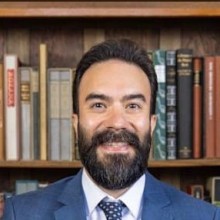Talip Kilic is the Acting Manager and Senior Program Manager for the World Bank Development Data Group's Living Standards Measurement Unit (DECLS), which houses the Living Standards Measurement Study (LSMS) - the World Bank’s flagship household survey program, and Survey Solutions; the World Bank's open-source CAPI/CATI/CAWI software platform for design, implementation and management of large-scale surveys and censuses.
In his managerial role, Talip oversees (a) the extensive LSMS portfolio of face-to-face and phone surveys; research and development on survey methods; multi-sectoral policy research activities; and development and delivery of training courses on survey design, implementation and analysis, as well as (b) Survey Solutions software development, maintenance and training activities.
As a researcher, he focuses on poverty, agriculture and labor in low- and middle-income countries, as well as survey methodology and data integration to improve the quality, timeliness, and policy-relevance of household and farm surveys. Talip was also a core team member for the World Development Report 2021: Data for Better Lives.
Talip is originally from Istanbul, Türkiye, and has a Ph.D. in Economics from American University in Washington, D.C., and a Bachelor of Arts in Economics and International Relations from Knox College in Galesburg, Illinois.
MORE FROM Talip Kilic
- World Bank Publications
- Blogs
